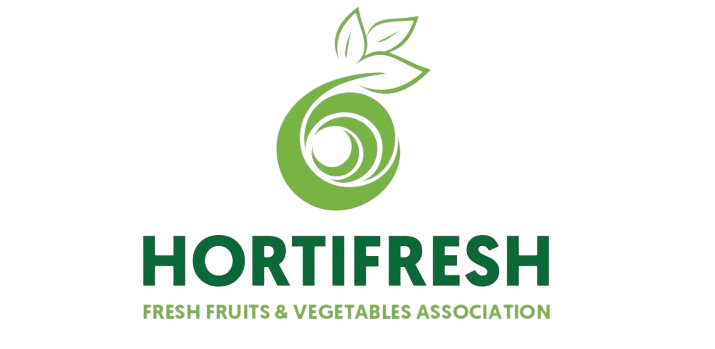Improving Quality Control in the Export Value Chain
The export of fresh fruits and vegetables is continuously being challenged by interceptions. In this regard, in 2022 Uganda received more than 200 interceptions that were due to pests and diseases. By May 2023, close to 20 interceptions have been received internationally, with more than 40 locally. An interception implies direct loss of revenue for value chain stakeholders; especially Exporting companies and indirectly to those that support export trade e.g. Quality Controllers, sorters, transporters, casual laborers/harvesters; and above all loss of revenue to government as an item doesn’t generate income for the country-once intercepted and destroyed. This also gives a negative image for Uganda produce as being low quality hence reducing orders.
The Ministry of Agriculture, Animal Industry and Fisheries through the Department of Crop Inspection, herein as the NPPO, is mandated to ensure that exportable produce meets international requirements and standards especially, pest freedom as anchored in Plant protection and health act, 2016 and attendant regulations. The mandate is also in line with World Trade Organisation-International Standards for Phytosanitary Measures; which guides trading countries on procedures to follow to ensure that traded fruits and vegetables are pest free. To that end the MAAIF-NPPO developed Standard Operating Procedures for use by stakeholders along the commodity value chain; for the mentioned purpose. This was also referenced in the ISPM 31 (Methodologies for sampling consignment) which is a key guide for pest detection.
Given that each stakeholder is required to ensure that the commodities are pest free, it is paramount that they follow a particular standard as was developed by MAAIF and the ISPM 31.
PURPOSE
The NPPO/MAAIF organized the training for Agronomists, Quality Controllers and Sorters that work in packing facilities of Fruits and vegetable Exporting Companies with the aim of;
-Training the aforementioned individuals on Standard operating procedures and ISPM 31 for Pest detection.
-Registering and coding the concerned categories for the purpose of Traceability and conformance to set standards.
-Promoting a uniform code of practice among the fresh fruits and vegetables exporters.
SCOPE
The training covered inspection requirements at the different levels/stages with in the value chain. More emphasis was put on the production sites and the pack house activities with reference to the MAAIF standard operating procedure and ISPM 31 for pest detection in order to mitigate interceptions due to harmful organism at the exit points and the international markets.
Frederick Aganirwa

